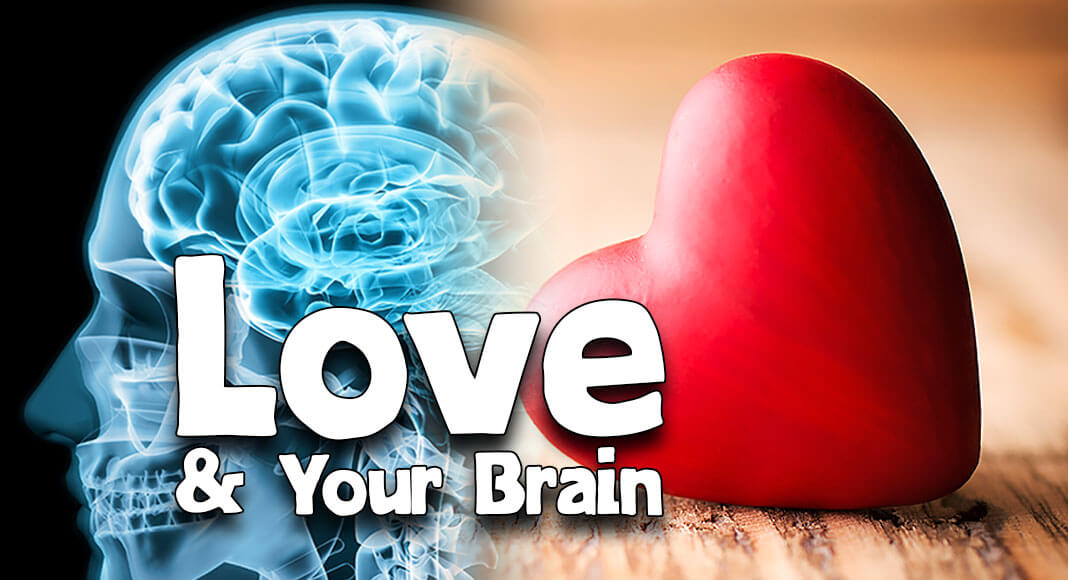
Mega Doctor News
By Laura Williamson, American Heart Association News
You walk into the room and see their face. They smile at you and look into your eyes. And just like that, your heart drops to your feet and you can’t speak. At least, not coherently.
What’s happening to your brain? Falling in love may make you feel like it has turned to mush, but in fact, it’s firing off hormones like fireworks on the Fourth of July.
And they’re all doing different things.
“When you first feel crazy in love, you are stressed out about it and lots of cortisol, the stress hormone, is secreted,” said Dr. Jacquie Olds, an associate professor of psychiatry at Harvard Medical School in Boston. “It’s at a high level when you’re worried that you’re falling in love and don’t know if it will work out. It’s what makes you feel preoccupied and obsessed, almost like it’s a matter of life and death.”
Phenylethylamine is the hormone-like substance produced at the early stages of attraction that provokes the dizzy sensation some people feel when they’re falling in love. It triggers the release of norepinephrine, which helps the body respond to stress, and dopamine, “the joy and reward chemical,” Olds said.
“That’s what makes you want to pursue a course of action, getting closer to the one you love,” she said. “It’s what makes you feel like you are on a cloud, flying through the air.”
Dopamine also triggers the release of testosterone in men, increasing feelings of arousal and suppressing serotonin, which can lead to more aggressive behavior. In women, the release of estrogen likewise stimulates a higher libido.
Oxytocin, sometimes called the “love hormone,” is released during sexual activity and is what makes you feel bonded to the object of your desire, said Dr. Philip Stieg, neurosurgeon in chief at New York Presbyterian/Weill Cornell Medical Center and director of the Weill Cornell Medicine Brain and Spine Center in New York City.
“When you fall in love, you become rather single-minded,” he said.
But love affects people differently because hormone levels vary between individuals, and hormones control the types of relationships people pursue, Stieg said.
“The brain is hard-wired for love. All the connections are there, but the software is variable between individuals,” he said. For example, “a dopamine-rich person is willing to take risks. The serotonin-rich person is more cautious about relationships.”
All of these hormones have an impact on health – some good, some bad.
“Appropriate love is good for your health,” Stieg said. As a relationship develops, the stress of wondering whether it will last decreases and a more balanced feeling of happiness settles in.
Research shows couples that feel supported by each other – especially when they hug a lot – maintain higher oxytocin levels, which has been associated with lower blood pressure in women.
But relationships that cause continued stress – either because love is unrequited or because the relationship is tumultuous or abusive – are not just emotionally unhealthy, they’re harmful to physical health, “just like any other stress would be bad for you,” Olds said.
“If you’re not as happy and you are stressed by unrequited love, cortisol is released,” Stieg said. “Epinephrine is released. This increases the inflammatory response. The heart rate goes up and blood pressure goes up. There’s less serotonin and you can become depressed. This can hurt your diet and your sleep cycle.”
And when love dies? “It’s astonishing what a huge deal that is for one’s body and mind,” Olds said. “It’s just the same as losing somebody from death, or even slightly worse because the other person has decided not to be with you. Whether you are on the receiving end or not, breaking up can be like a mini-depression because it’s such a massive change.”
That’s harmful to health in several ways, she said. In addition to the stress of losing someone, “it also gets in the way of the motivation to do things that are good for you.” For example, it might cause stress eating of unhealthy foods or reduce the motivation to exercise.
If you find yourself repeatedly choosing the wrong partner or making poor choices in a relationship that lead to breakups, don’t despair. Stieg said love isn’t ruled entirely by hormones.
“All of these systems are regulated by your frontal lobes, the executive center of your brain,” he said. “It’s what assesses risks and consequences. You can change your patterns.”










